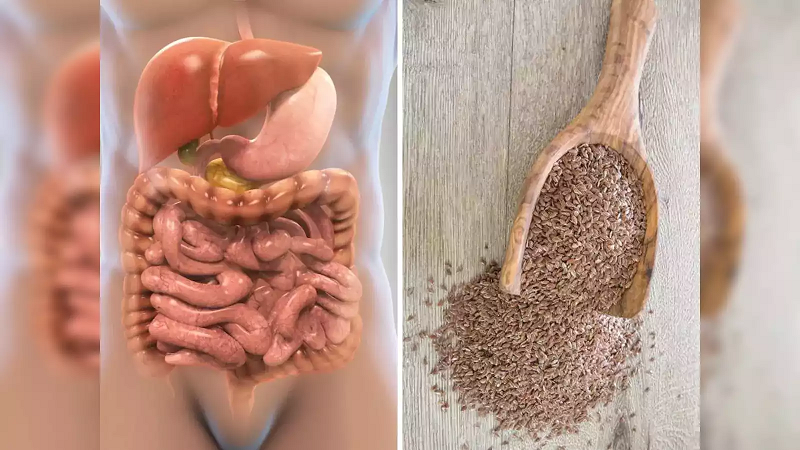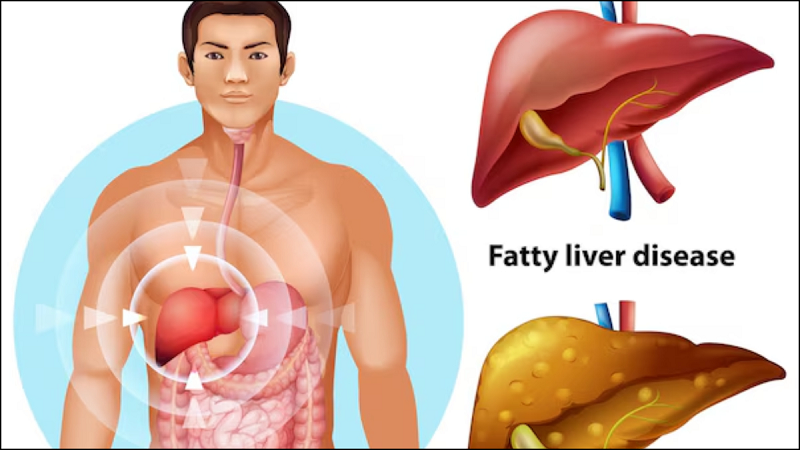By Jitendra Jangid- As friends, we have told you through many of our articles that every part of the human body is very important, if there is any problem in any part of the human body, then problems arise, in such a situation, if we talk about the liver, then it plays an important role in various functions of the body. It aids in digestion, stores energy and helps detoxify the body. But if excess fat accumulates in the liver, then it can lead to a condition called fatty liver disease. Fatty liver disease is usually divided into two types: non-alcoholic fatty liver disease (NAFLD) and alcoholic fatty liver disease (AFLD). Today, through this article, we will tell you about its causes and remedies-

What are the causes of fatty liver disease?
One of the major factors contributing to fatty liver is insulin resistance, which is often caused by an unhealthy diet. When the body consumes excessive amounts of sugar and carbohydrates, the liver comes under pressure. Excess glucose is converted into triglycerides, and the process of lipogenesis leads to the build-up of fat in the liver and surrounding organs. This fat accumulation substantially increases the risk of other serious health conditions such as heart disease, diabetes, and high cholesterol.
Common symptoms of fatty liver include:

Overweight or obesity Bloating Heartburn Skin rashes Headaches Excessive sweating Indigestion Fatigue and weakness If you experience these symptoms, it is important to take action and reverse fatty liver before it causes more serious liver damage.
Let’s know about its remedies-
Avoid refined sugars and carbs: These can put pressure on the liver and contribute to fat accumulation. Focus on a balanced, low-glycemic diet.
Increase your intake of raw vegetables and fruits: Fresh, whole foods are rich in nutrients that support liver health.
Consume healthy fats: Include sources such as fish, olive oil, sesame oil and coconut oil, which provide beneficial omega-3 fatty acids.
Eat soluble fiber: Foods such as apples, pears, sprouts and kale are rich in fiber, which aids digestion and detoxification.

Avoid liver stress: Reduce or eliminate coffee and alcohol consumption, as these can increase liver damage.
Limit high-glycemic foods: These foods raise blood sugar levels and put pressure on the liver.
Control portion sizes: Avoid overeating or eating large amounts of food in a single meal to avoid overloading the liver.
Stay hydrated: Drinking plenty of water supports liver function and helps flush out toxins.
Exercise regularly: Physical activity can help control blood sugar, reduce fat accumulation and promote overall liver health.










